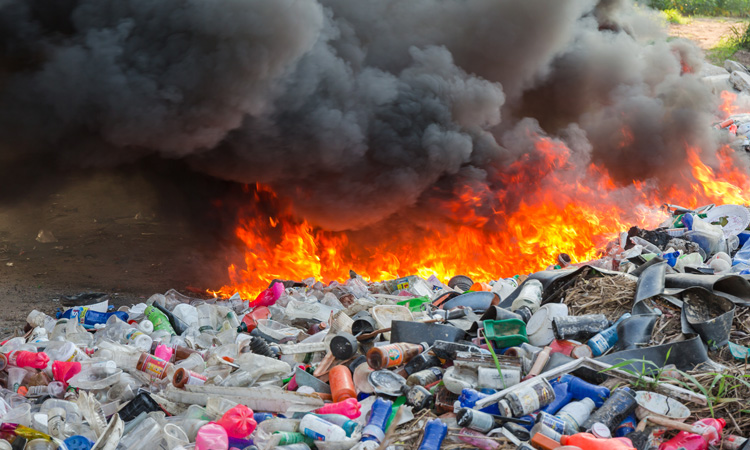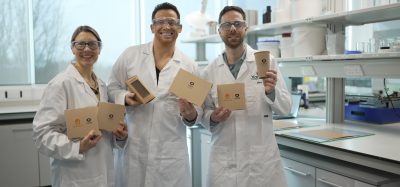Study reveals ‘hidden plastic pollution footprint’ of major consumer brands
Posted: 31 March 2020 | Sam Mehmet (New Food) | No comments yet
The research focused on plastic pollution from Coca-Cola, Nestlé, PepsiCo and Unilever in six developing countries – Brazil, China, India, Mexico, Nigeria and the Philippines.


A new study has allegedly revealed, for the first time, the hidden plastic pollution footprint that four of the world’s biggest consumer brands are responsible for.
International relief and development agency, Tearfund, has found that the emissions produced from the open burning of Coca-Cola, Nestlé, PepsiCo and Unilever’s plastic packaging on street corners, open dumps and in backyards in developing countries is a major contribution to the climate emergency.
The findings, part of the organisation’s Rubbish Campaign, are said to show that the food and beverage companies must urgently switch to sustainable refillable and reusable packaging alternatives instead of single-use plastic packaging and sachets.
“These companies are selling plastic in the full knowledge that it will be burnt or dumped in developing countries: scarring landscapes, contributing to climate change and harming the health of the world’s poorest people,” said Dr Ruth Valerio, Director of Global Advocacy and Influencing at Tearfund.
“At present, Coca-Cola, Nestlé, PepsiCo and Unilever make little or no mention of emissions from the disposal of their products or packaging in their climate change commitments. These companies have a moral responsibility for the disposal of the products they continue to pump into developing countries without proper waste management systems,” Dr Valerio added.
The report also highlighted the scale of demand for change from consumers in developing countries: in a new survey of 2,000 adults aged between 18 to 64 in India conducted for Tearfund by Savanta ComRes, nine in 10 (90 percent) respondents said they would be likely to buy their products in refillable and reusable containers as opposed to throwaway containers if it led to significantly less plastic pollution in their community and the cost was the same.
Since May 2019, Tearfund’s Rubbish Campaign has been challenging each company with a four-point plan to step up the pace to take responsibility for their plastic pollution. Tearfund has ranked how well the companies are doing in committing to this plan and the league table has reportedly revealed that Coca-Cola and PepsiCo are “barely off the starting blocks, with Unilever far ahead”.
Related topics
Environment, Packaging & Labelling, Research & development, Sustainability









